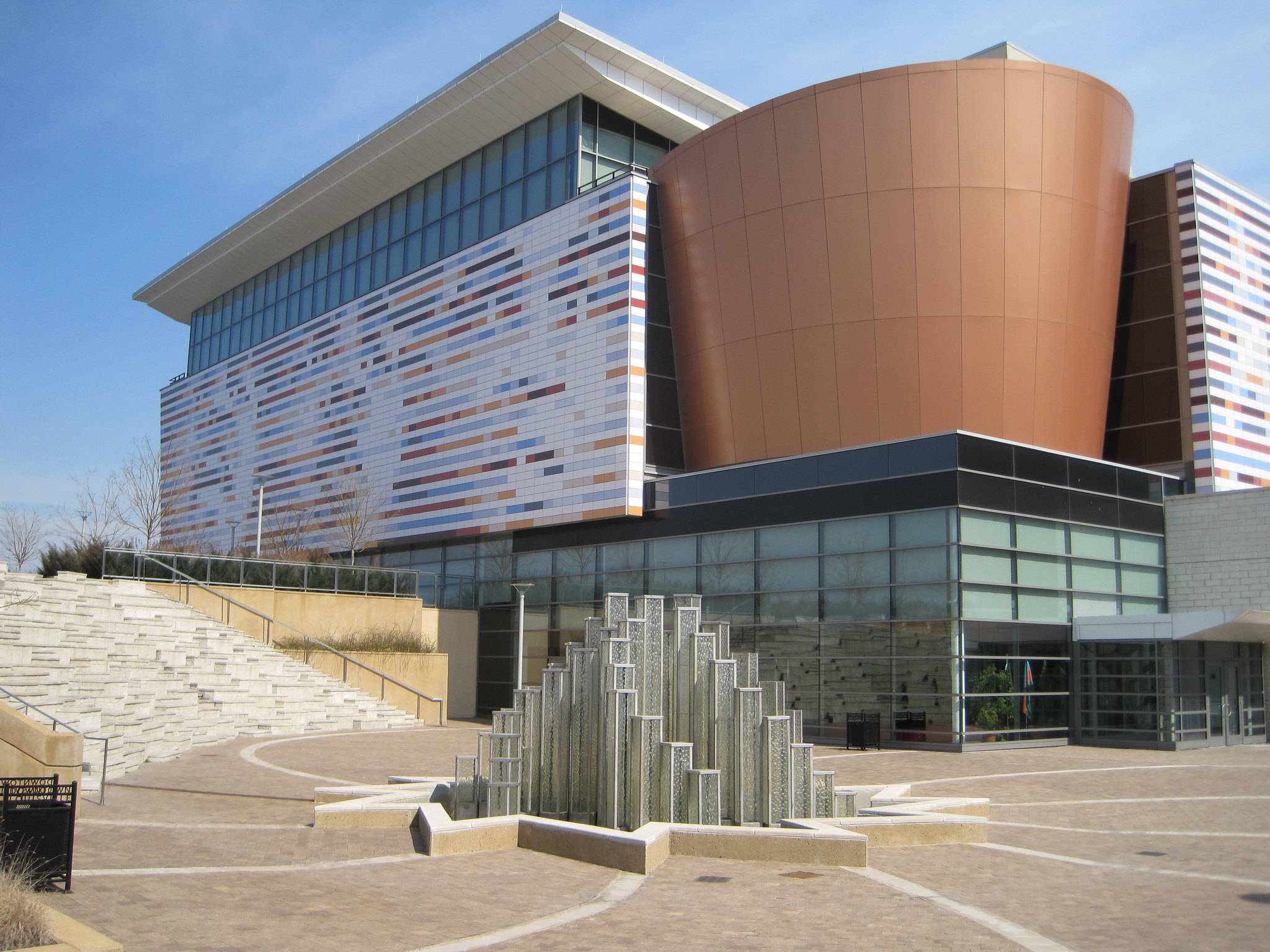Step into the Muhammad Ali Center in Louisville, Kentucky, and you’ll immediately feel the energy and passion that defined the legendary boxer’s life. This state-of-the-art museum and cultural center offers visitors a unique opportunity to explore the life and legacy of one of the most iconic figures in sports history through a series of engaging and interactive exhibits.
As you make your way through the center, you’ll be transported back in time to the 1960s and 70s, when Ali was at the height of his boxing career. The exhibits are designed to immerse visitors in Ali’s world, allowing them to experience firsthand the challenges he faced both inside and outside the ring. From his early days as Cassius Clay to his transformation into Muhammad Ali, the center paints a vivid picture of the man behind the legend.
One of the most popular exhibits is the boxing ring simulation, where visitors can step into Ali’s shoes and throw a few punches. It’s not just about the physical aspect of boxing, though. The exhibit also delves into the mental and strategic elements of the sport, giving visitors a deeper appreciation for Ali’s skill and technique.
Moving on, you’ll find yourself face-to-face with some of Ali’s most memorable moments. The center features a wealth of archival footage, photographs, and personal artifacts that bring his story to life. From his gold medal win at the 1960 Olympics to his legendary fights against Joe Frazier and George Foreman, each display offers a glimpse into the events that shaped Ali’s career and cemented his place in history.
But the Muhammad Ali Center isn’t just about celebrating Ali’s athletic achievements. It also shines a spotlight on his role as a civil rights activist and humanitarian. Through interactive displays and thought-provoking exhibits, visitors are encouraged to explore Ali’s commitment to social justice and his impact on the world beyond boxing.
One particularly powerful exhibit focuses on Ali’s refusal to be drafted into the U.S. military during the Vietnam War. This decision, which cost him his boxing title and nearly four years of his prime fighting career, is presented in a way that allows visitors to understand the context of the time and the courage it took for Ali to stand by his convictions.
As you continue through the center, you’ll discover how Ali’s influence extended far beyond the boxing ring. The exhibits showcase his work as a global ambassador for peace and his efforts to promote understanding between different cultures and religions. It’s impossible not to be moved by the stories of the lives he touched and the positive change he inspired around the world.
One of the most inspiring aspects of the Muhammad Ali Center is its focus on empowering visitors to make a difference in their own communities. Interactive displays encourage guests to reflect on their own values and consider how they can contribute to creating a more just and compassionate world.
Before you leave, make sure to stop by the “Hope and Dream” wall, where visitors can share their own aspirations and draw inspiration from the dreams of others. It’s a fitting tribute to Ali’s legacy of inspiring others to reach for their goals and make a positive impact on the world.
As you exit the Muhammad Ali Center, you’ll likely find yourself feeling inspired and energized. The center does an excellent job of not only celebrating Ali’s remarkable life but also challenging visitors to think about how they can carry on his legacy of courage, conviction, and compassion. It’s a must-visit destination for anyone interested in sports, history, or social justice – and a powerful reminder of the impact one person can have on the world.
The Muhammad Ali Center stands as a lasting tribute to the legendary boxer’s life and legacy, serving as both a cultural center and museum in Louisville, Kentucky. It not only showcases Ali’s athletic achievements but also highlights his humanitarian efforts and role as a civil rights activist. The center’s interactive exhibits, educational programs, and focus on social responsibility reflect Ali’s core values of respect, confidence, conviction, dedication, giving, and spirituality. By preserving Ali’s story and promoting his principles, the Muhammad Ali Center continues to inspire visitors to embrace personal growth, social justice, and global understanding, ensuring that the impact of “The Greatest” endures for generations to come.

